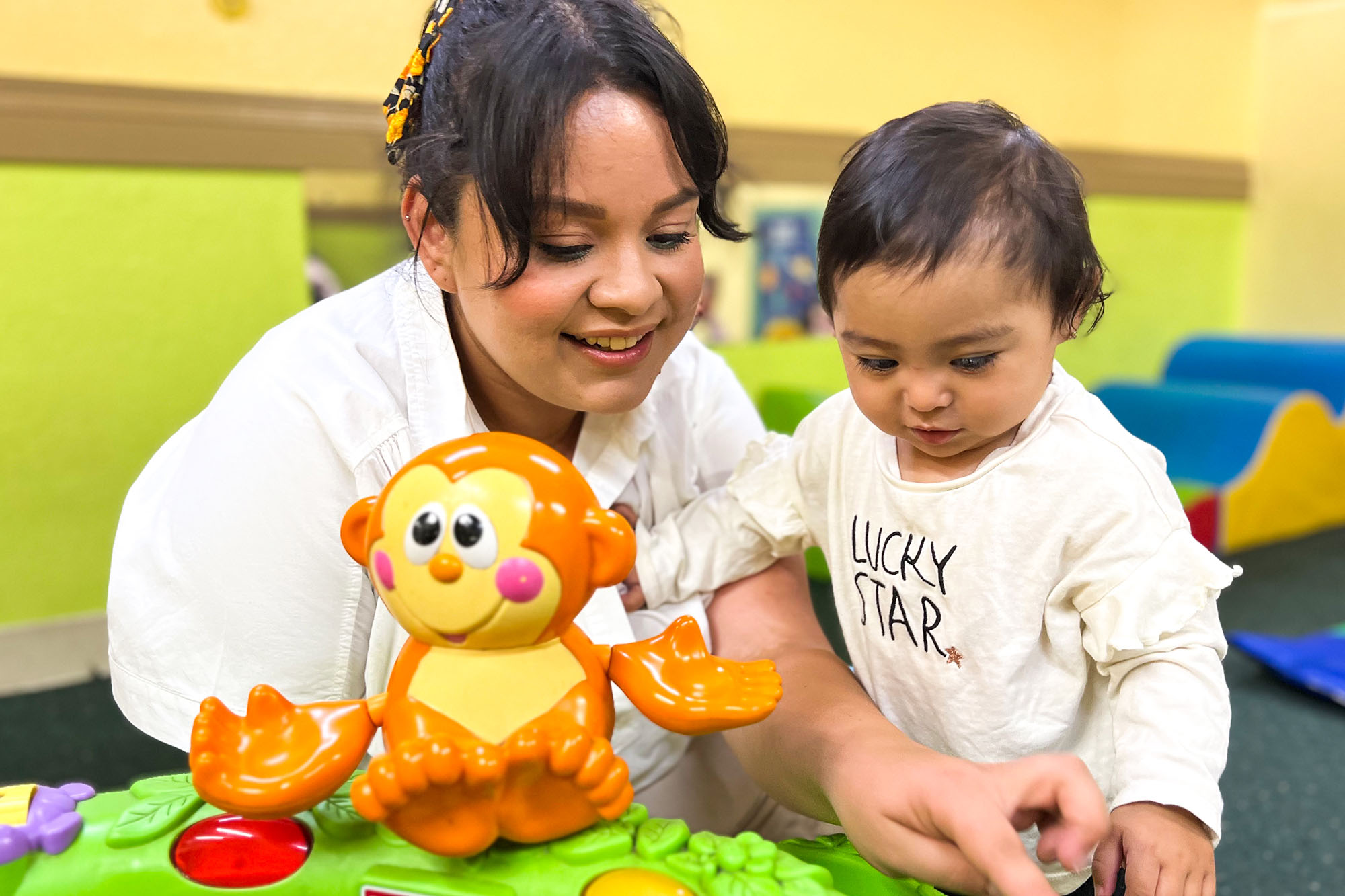
Introduction :
In the intricate tapestry of human development, the earliest threads are woven during infancy. It is a period of rapid growth and incredible vulnerability, making the quality of care during this time crucial for a child’s well-being. Infant care programs play a pivotal role in providing the nurturing environment that sets the foundation for a healthy and thriving future.
- Early Brain Development : The first few years of life are a critical window for brain development. Infants form millions of neural connections every second, laying the groundwork for cognitive, emotional, and social skills. Infant care programs that prioritize stimulating activities, interactions, and a safe environment contribute significantly to this developmental process.
- Social and Emotional Development : Infancy is when the building blocks of social and emotional intelligence are established. Through responsive caregiving and positive interactions, infants learn to form secure attachments, regulate their emotions, and develop a sense of trust. Quality infant care programs foster a supportive atmosphere that aids in the formation of these crucial emotional foundations.
- Nutrition and Health : Proper nutrition during infancy is paramount for physical growth and overall health. Infant care programs often include well-balanced meal plans tailored to meet the nutritional needs of infants. Regular health check-ups, vaccinations, and a clean and safe environment contribute to the overall well-being of the child.
- Parental Support and Education : Infant care programs serve not only the infants but also their parents. Offering support and education to parents on topics like feeding, sleep patterns, and developmental milestones empowers them to provide the best care for their child. Parental involvement is a key factor in the success of infant care programs.
- Early Intervention for Developmental Delays : Infant care programs are instrumental in identifying and addressing developmental delays early on. Regular assessments and close monitoring allow professionals to intervene promptly if any issues arise. Early intervention can significantly improve outcomes for children facing developmental challenges.
- Prevention of Child Abuse and Neglect : Quality infant care programs contribute to preventing child abuse and neglect by providing a supportive and educational environment for parents. Educating parents on effective parenting strategies and stress management reduces the likelihood of harmful situations for the child.
- Preparing for Future Success : The benefits of infant care programs extend far beyond the early years. A strong foundation in infancy sets the stage for future success in education, relationships, and career. Investing in quality infant care is an investment in the long-term well-being of individuals and society as a whole.
Conclusion :
Infant care programs are not just a convenience for working parents; they are a cornerstone of societal well-being. By prioritizing the needs of the youngest members of our community, we pave the way for a future generation that is not only physically healthy but emotionally resilient, socially adept, and intellectually sharp. The importance of infant care programs cannot be overstated, as they shape the destiny of the individuals who will, in turn, shape the world.
